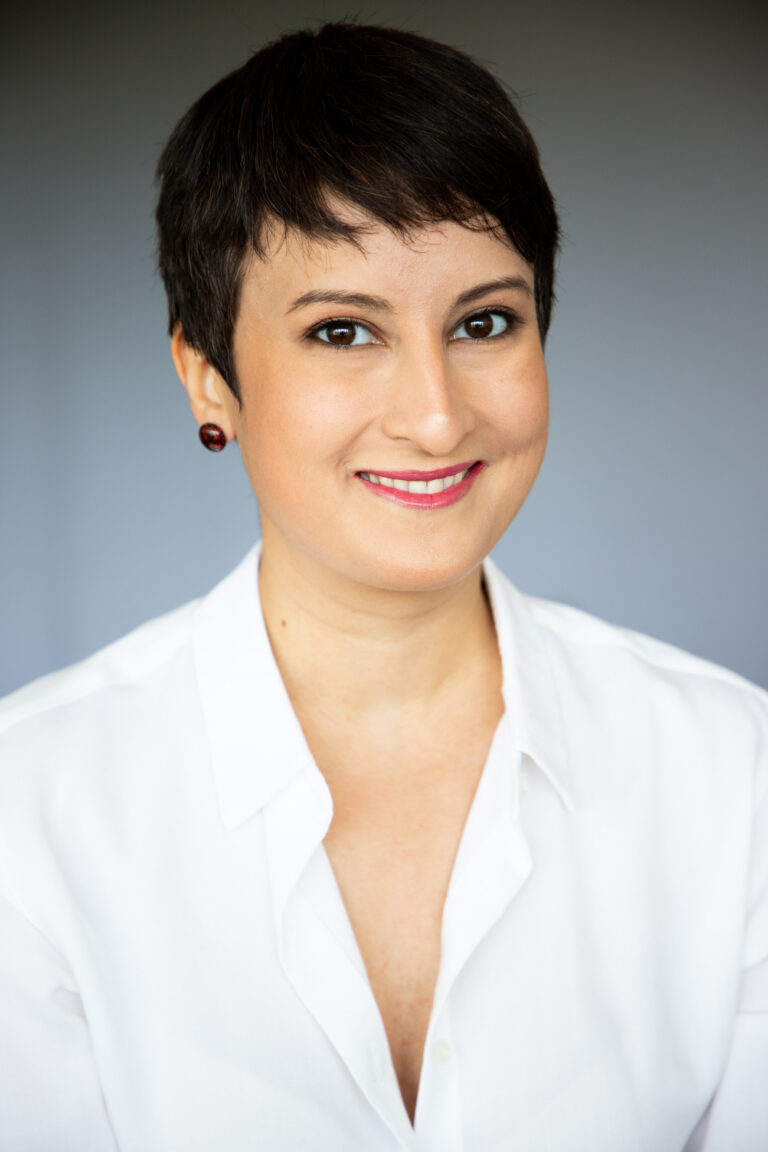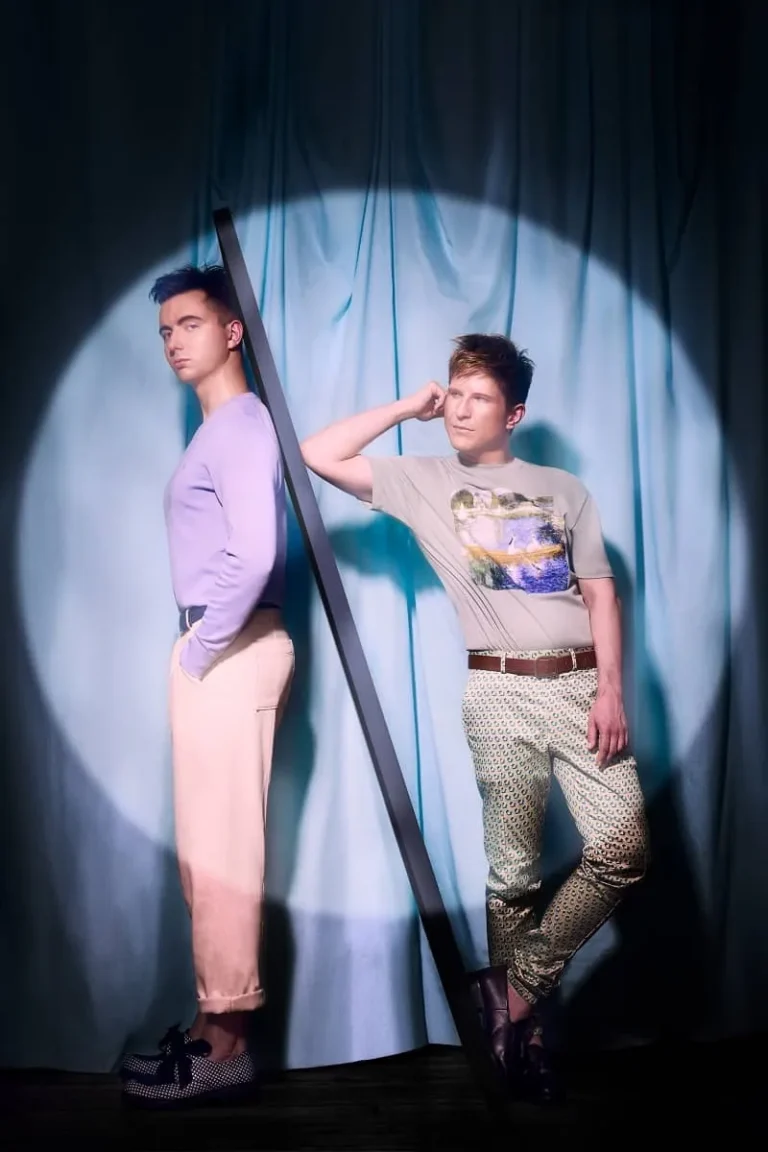1642, révolution de Cromwell. Le roi Charles II est en exil en France, à la cour de Louis XIV, son cousin germain. Il y découvre la musique de Versailles, qui le passionne à tel point qu’elle fera partie de ses bagages lors de son retour en Angleterre en 1660. C’est dans ce contexte que de nombreux artistes français l’accompagnent et viennent s’installer à Londres ; ils vont inspirer les compositeurs anglais, fascinés par Jean-Baptiste Lully. Débute alors une période de renouveau artistique remarquable pour la musique anglaise, naturellement encline à s’enrichir de sonorités multiples. Il en résulte des créations passionnantes et dynamiques, influencées par le métissage des styles. Elles reflètent l’esprit d’ouverture de cette cour cosmopolite qui accueille les meilleurs artistes en provenance du continent.
1642, Cromwell’s revolution. King Charles II was in exile in France, at the court of Louis XIV, his first cousin. There, he discovered the music of Versailles, which so fascinated him that it became part of his luggage on his return to England in 1660. It was in this context that many French artists accompanied him and settled in London, inspiring English composers fascinated by Jean-Baptiste Lully. This marked the beginning of a remarkable period of artistic renewal for English music, naturally inclined to enrich itself with multiple sonorities. The result was exciting, dynamic creations, influenced by the blending of styles. They reflect the open-mindedness of this cosmopolitan court, which welcomed the best artists from all over the continent.
POUR ACHETER VOTRE BILLET, C’EST ICI!
Ce contenu provient de Arion Orchestre Baroque et est adapté par PAN M 360.











